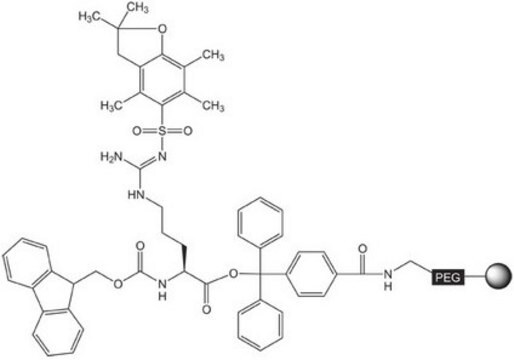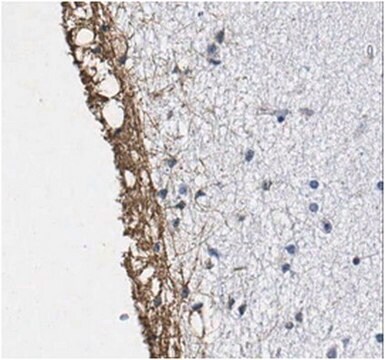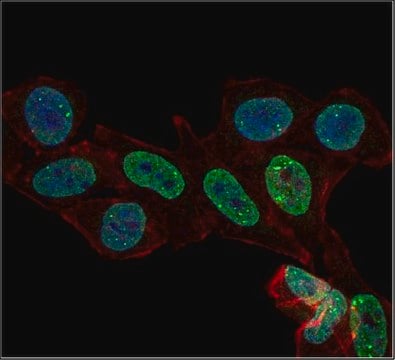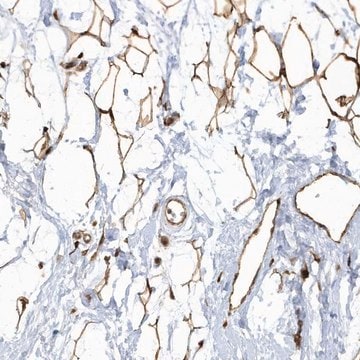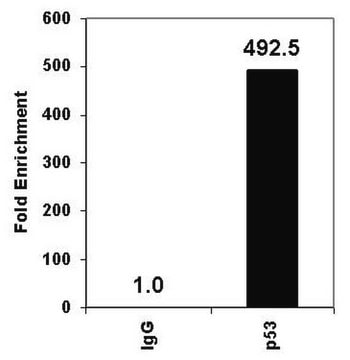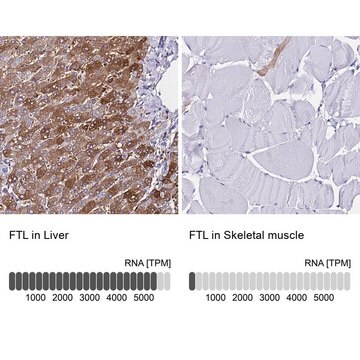776025
Maleimidolinourea-Rh110-trimethyl lock
95%
Synonym(s):
Maleimidourea-rhodamine-110 trimethyl lock
About This Item
Recommended Products
Assay
95%
form
powder
storage temp.
−20°C
SMILES string
O=C(O1)C2=CC=CC=C2C31C(C=CC(NC(NCCCN4C(C=CC4=O)=O)=O)=C5)=C5OC6=C3C=CC(NC(CC(C)(C)C7=C(OC(C)=O)C=C(C)C=C7C)=O)=C6
InChI
1S/C43H40N4O9/c1-24-19-25(2)39(35(20-24)54-26(3)48)42(4,5)23-36(49)45-27-11-13-31-33(21-27)55-34-22-28(46-41(53)44-17-8-18-47-37(50)15-16-38(47)51)12-14-32(34)43(31)30-10-7-6-9-29(30)40(52)56-43/h6-7,9-16,19-22H,8,17-18,23H2,1-5H3,(H,45,49)(H2,44,46,53)
InChI key
XMGVLBGRSCGJDI-UHFFFAOYSA-N
Related Categories
Application
- Rhodamine 110 based pro-fluorophore activated by esterases in cells.
- Maleimide functionalized for conjugation to thiolates of small molecules or biomolecules.
- High signal to noise ratio compared to fluorescein diacetate.
- Able to fluorescently monitor passage of biomolecules into cells.
Storage Class Code
11 - Combustible Solids
WGK
WGK 3
Flash Point(F)
Not applicable
Flash Point(C)
Not applicable
Certificates of Analysis (COA)
Search for Certificates of Analysis (COA) by entering the products Lot/Batch Number. Lot and Batch Numbers can be found on a product’s label following the words ‘Lot’ or ‘Batch’.
Already Own This Product?
Find documentation for the products that you have recently purchased in the Document Library.
Related Content
Professor Ron Raines works with Sigma-Aldrich on the development of reagents and tools for chemical biology such as the traceless Staudinger ligation reagent (670359). DTBA (774405), a superior biological reducing reagent to DTT, is another technology to come out of the Raines lab.
Our team of scientists has experience in all areas of research including Life Science, Material Science, Chemical Synthesis, Chromatography, Analytical and many others.
Contact Technical Service